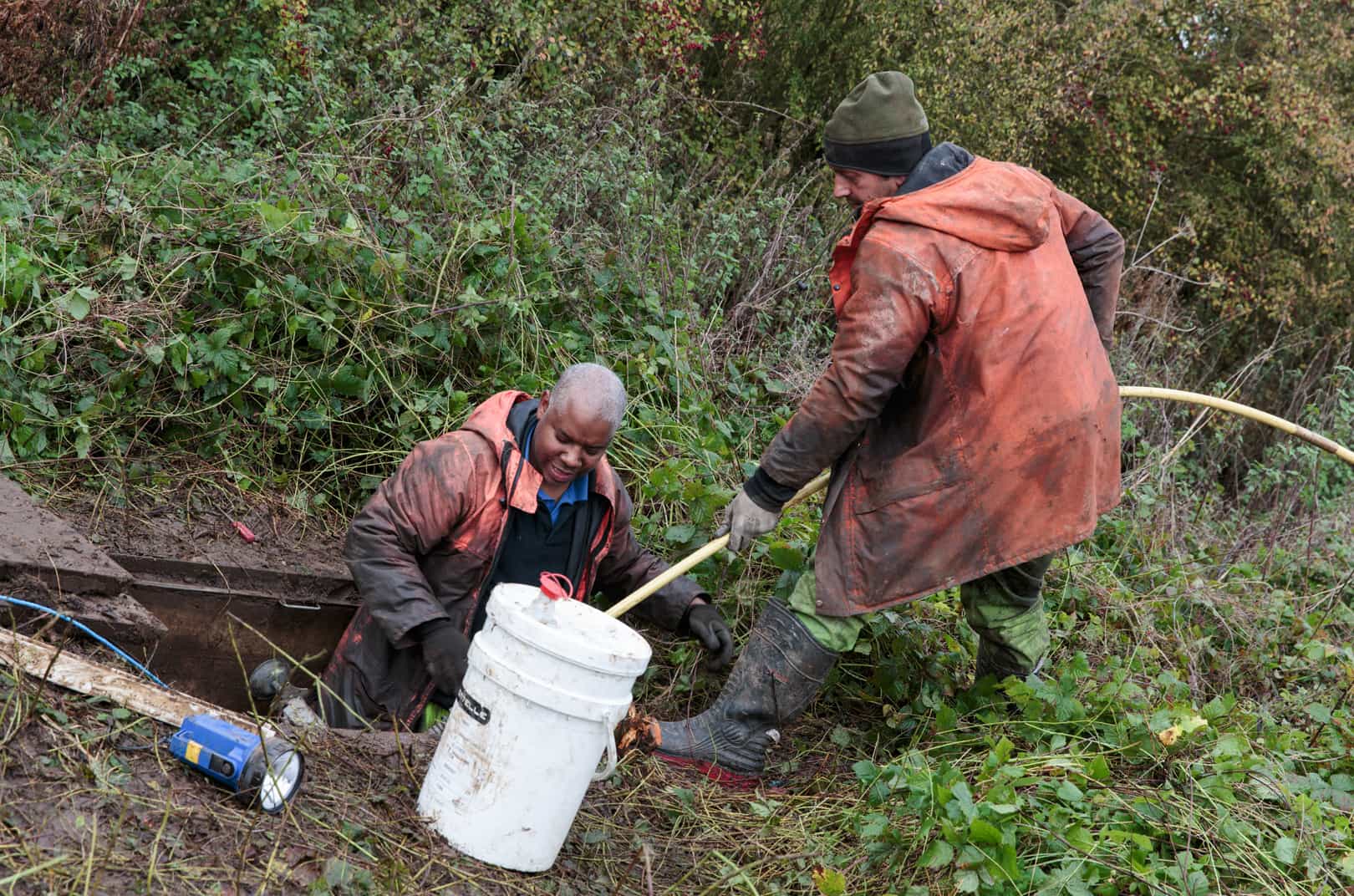 BT’s Fibre to the Premises (FTTP) on Demand service has been surrounded by a great deal of mystery. While some critics have pointed to Fibre to the Cabinet (FTTC) technology adopted for BT’s mainstream roll-out as not providing the best long-term, future-proof architecture for superfast broadband, BT and many BDUK-related superfast broadband projects have emphasised the forthcoming nationwide availability of BT’s FTTP on Demand service.
BT’s Fibre to the Premises (FTTP) on Demand service has been surrounded by a great deal of mystery. While some critics have pointed to Fibre to the Cabinet (FTTC) technology adopted for BT’s mainstream roll-out as not providing the best long-term, future-proof architecture for superfast broadband, BT and many BDUK-related superfast broadband projects have emphasised the forthcoming nationwide availability of BT’s FTTP on Demand service.
Substantial Price Decreases in FTTP on Demand from February 2018 May Fuel FTTP Adoption
Just read the many press releases associated with BDUK-related contract signings to see this.

While perhaps helping it to secure BDUK funding, BT’s FTTP on Demand service – which offers speeds of 330 Mbps (downlink) and 30 Mbps (uplink) – has not yet been rolled out on a nationwide basis. It is still only available in a limited number of exchange areas.
The accountants seem to have been actively working in BT recently, with a number interesting, financially-motivated decisions taken. These revolve around optimising BT’s services to better reflect the practical costs of installation of fibre-optic cables for FTTP (Fibre to the Premises) on Demand and FTTC (Fibre to the Cabinet) equipment in residential and business premises.
After observing the challenges of BT engineers trying to feed fibre-optic cables along existing, and sometimes collapsed, ducts as part of our local BDUK-related roll-out programme, it is not surprising that BT’s improved understanding of costs and difficulties associated with fibre-optic cable installation is informing service pricing decisions.

While there are often significant engineering challenges with installing fibre-optic cables between exchanges and fibre street cabinets for FTTC, there are generally no further costs and challenges once this is done. This is because FTTC simply uses the copper lines that already exist between the street cabinet and residential and business premises. So, given practical FTTP installation costs, FTTC will be BT’s preferred means of delivering superfast broadband to the vast majority of premises for many years to come.
A number of home workers and SMEs have been interested in FTTP on Demand, with its high speeds and reliability. Part of this interest has been due to the wholesale monthly price (£38 + VAT) appearing to position FTTP on Demand as a potentially affordable option for home workers and small businesses. That is until today!
BT Openreach has updated its pricing for FTTP on Demand from 1st May 2014. The FTTP on Demand service, with its minimum three year contract and £38 + VAT monthly fee currently, will see the monthly fee increase dramatically to £99 + VAT.
Installation costs will also see a substantial increase. For example, the fixed connection charge will increase from £500 to £750, and the variable distance-based charge will almost double. As a result, around half of premises could expect to pay an upfront installation charge of up to £2,500.
With today’s pricing announcement, the expected roll-out schedule for FTTP on Demand is still unclear. However, what is clear is that there is now a significant price gulf between FTTC and FTTP. While future FTTP adoption over the next few years is difficult to predict, we expect a great deal more attention will now be paid to bonded FTTC connections, which provide greater resilience and performance than single FTTC connections
Other pages you may be interested in:
Superfast and Ultrafast Broadband Explained | Increase Broadband Speed Guide
